Anyone who has decided to get serious about their fitness has encountered mention of BCAAs: branched-chain amino acids. BCAAs have been found to be powerful tools for improving workout efficiency, which of course leads to gains in power, strength, muscle mass, endurance, and overall athletic performance.
Amino acids
There are 20 amino acids used in the human body to construct proteins. Each protein consists of a string of amino acids connected together, and the placement of each type of amino acid dictates the final structure and function of each individual protein. Nine of these amino acids are classified as essential, meaning they can’t be synthesized by the human body and must be obtained in the diet. Three of these essential amino acids, leucine, isoleucine, and valine, have branched side chains, thus the name BCAA. These three amino acids together make up around 35% of the essential amino acids in the body and around 15% of the amino acids building the skeletal muscles.
Muscle fuel
The human body is capable of breaking down amino acids and turning them into fuel. Most amino acids have to be transported to the liver to be broken down into fuel, but not the BCAAs. They can be directly broken down by skeletal muscles and used as fuel. Thus, in addition to being incorporated into new skeletal muscle, BCAAs can act as fuel for the muscles, delaying the body’s use of its glycogen stores until later in the workout, preventing fatigue from setting in early. In addition, the presence of abundant BCAAs in the body also prevents the body from breaking down skeletal muscles into energy, which of course contributes to building and maintaining muscle mass in response to athletic training. Taking BCAAs in addition to consuming sufficient whole protein may boost acquisition of muscle mass in response to weight training.
Reducing fatigue
In addition to reducing fatigue by providing muscle fuel, BCAAs seem to affect the body’s perception of fatigue, perhaps by altering serotonin levels in the brain. Athletes who take a BCAA supplement during exercise can continue to exercise for longer periods of time.
Speeding recovery
Because BCAAs provide fuel and help prevent muscle breakdown during workouts, they also speed recovery after each workout, especially if they are consumed in combination with carbohydrates to replace the glycogen stores. In addition, they seem to reduce muscle soreness after exercise, perhaps by lowering levels of lactate in the muscles or even by preventing muscle damage from occurring during exercise. Individuals who take BCAA supplements tend to have lower post-workout levels of enzymes like creatine kinase and lactate dehydrogenase, which are involved in muscle damage and breakdown.
Regulation of blood sugar levels
Individuals taking BCAA supplements seem to maintain a more stable blood sugar level throughout the day instead of experiencing dramatic blood sugar swings in response to food consumption and exercise. The BCAAs are preferentially used as fuel instead of the glycogen stores, which prevents the liver from releasing its glycogen stores into the bloodstream as a bolus of blood sugar. In addition, the presence of abundant BCAAs in the body seems to stimulate cells to take up sugar from the bloodstream, smoothing out blood sugar spikes caused by eating. Thus, BCAAs aren’t just for athletes; they may be very beneficial for individuals with diabetes or pre-diabetes who are trying to control their blood sugar levels and alleviate their insulin resistance.
Body fat loss
Some studies suggest that taking BCAA supplements rather than whole-protein supplements may increase loss of body fat while sparing muscle mass. However, the mechanism behind this effect is unclear but it may be related to improved intestinal health.
Improved intestinal health
Regular consumption of BCAAs has been shown to play a key role in promoting intestinal health. BCAA supplements were found to improve and strengthen the intestinal barrier, which plays an essential role in protecting the body against ingested pathogens and also plays an essential role in regulating the immune system. In addition, consumption of BCAAs has been shown to improve the health of the gut biome. A healthy gut biome has been linked to weight loss, improvements in blood sugar control, and reductions in overall inflammation. It has also been linked to decreases in anxiety and depression.
BCAA Use
Good BCAA supplements contain significantly more leucine than valine or isoleucine. They can be taken before, during, and after each workout, or when being used by a non-athlete for health reasons, twice a day. The post-workout supplement should also contain carbohydrates, and some athletes report better results if they also consume carbohydrates along with BCAAs during the workout. A variety of BCAA supplements are available to boost workout efficiency. In addition, BCAAs can be obtained from the diet. All of the BCAAs are abundantly available in meats, fish, dairy, eggs, beans, pumpkin seeds, and mushrooms. The optimal dose is unclear, but most individuals are taking around 10 to 20 grams of BCAAs per day; higher doses may provide additional benefits. Intakes of up to 35 grams of BCAAs per day are considered to be safe for healthy individuals.
Summary
In summary, BCAAs may assist with:
- Improving muscle mass gain
- Accelerating body fat loss
- Reducing fatigue during workouts
- Reducing post-workout muscle soreness
- Accelerating recovery from workouts
- Improving blood sugar regulation
- Improving intestinal health
The usual dose of BCAAs is 10 to 20 grams per day. It can be taken twice a day, before workouts, during workouts, after workouts, or at any or all of these times.
However, it should be noted that BCAA supplements only supply three of the essential amino acids. BCCA supplements should only be taken in conjunction with whole-protein supplements or in addition to a diet that supplies plenty of complete protein. BCAAs can also be obtained from the diet or whole-protein supplements, but their beneficial effects are much more dramatic when they are consumed in specific BCAA supplement form.
If you want to stay up to date on all of the latest nutritional news, consider following us on Facebook.



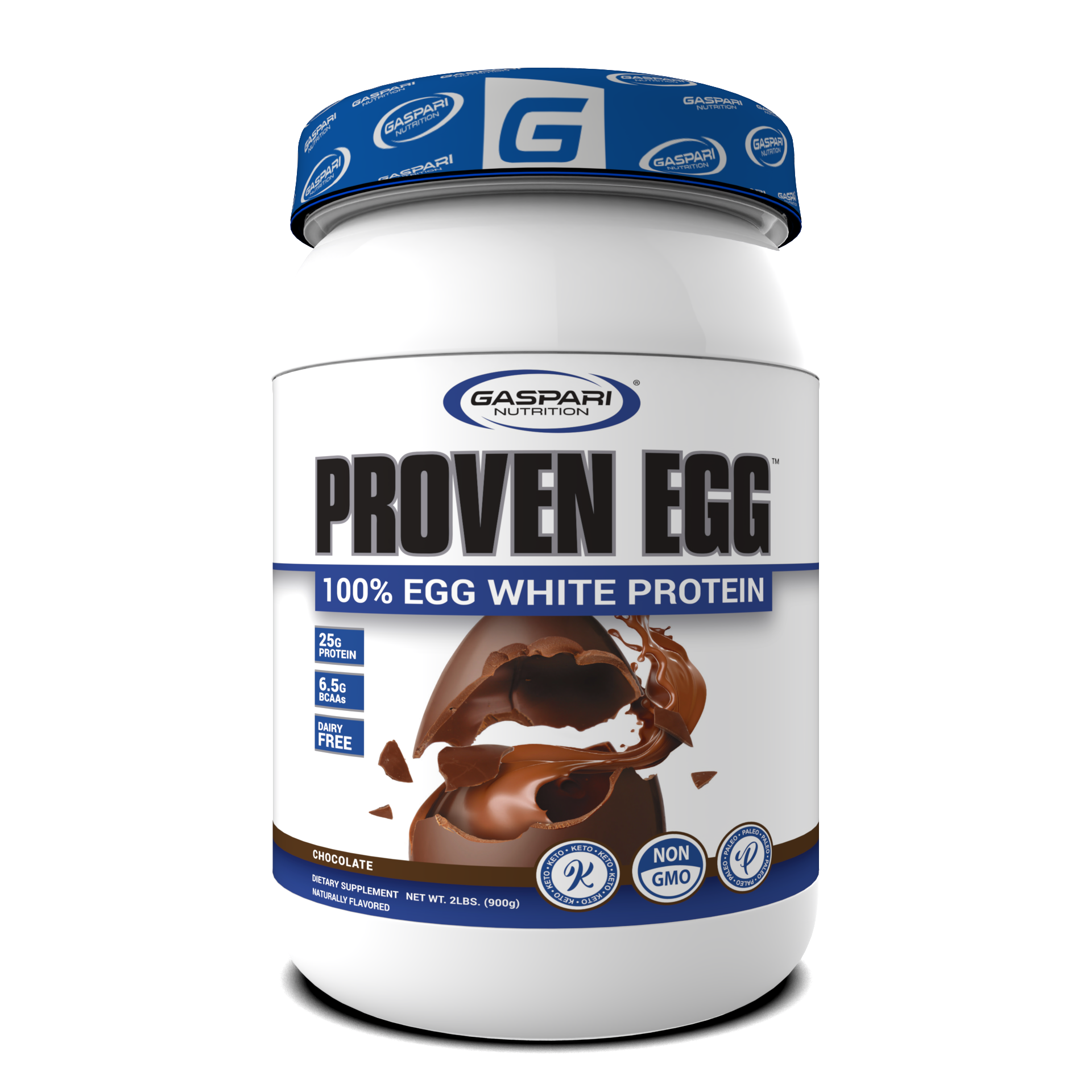



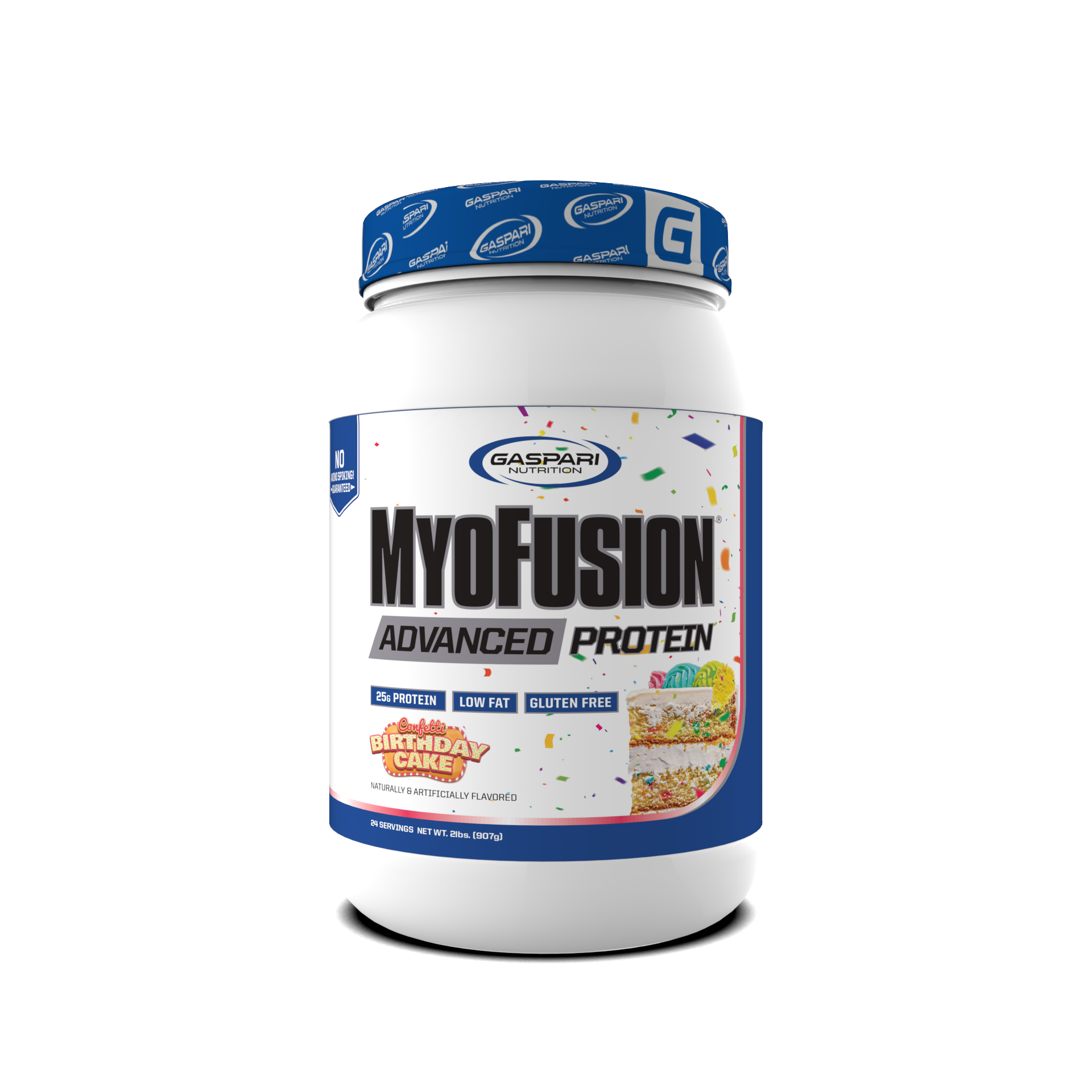



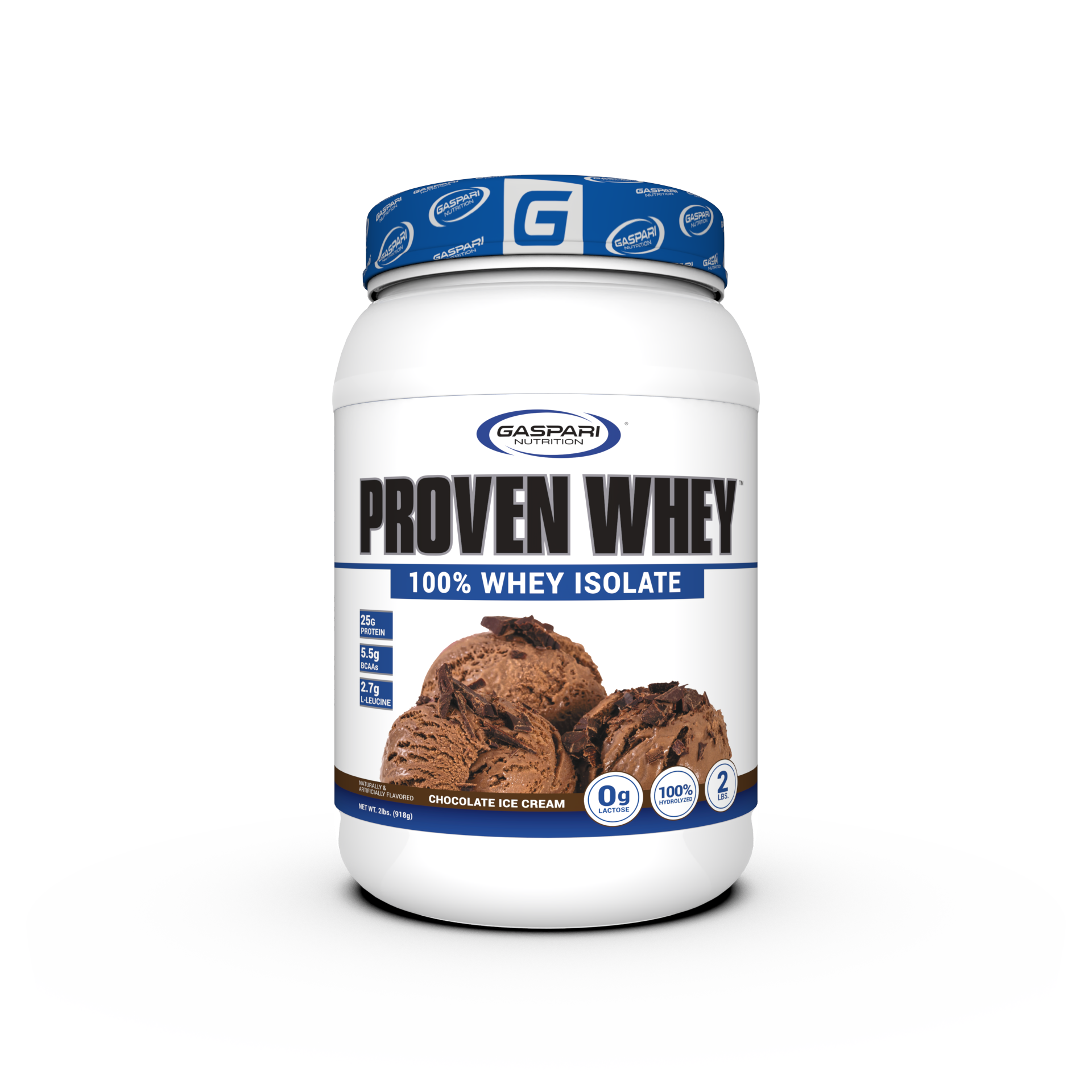




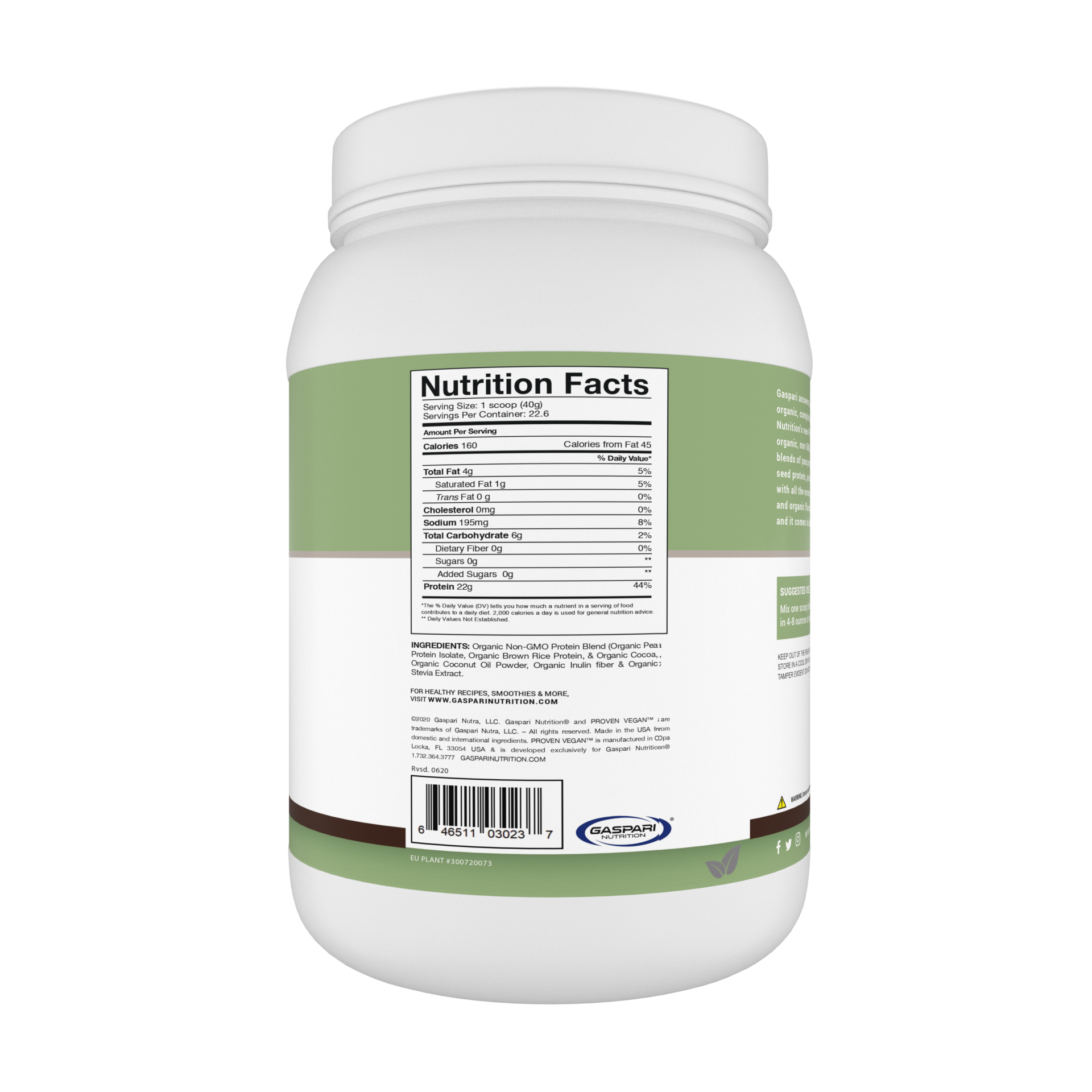






















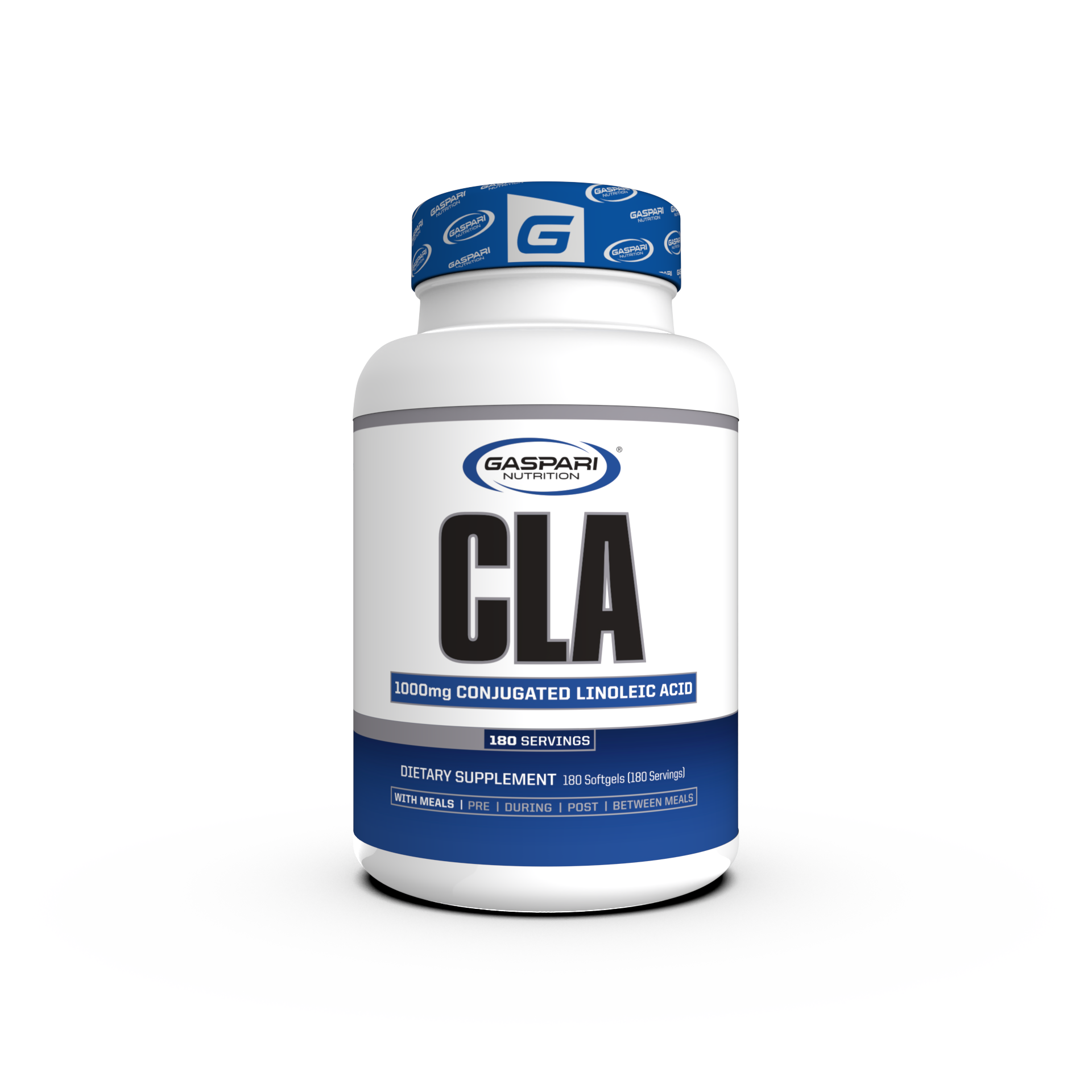



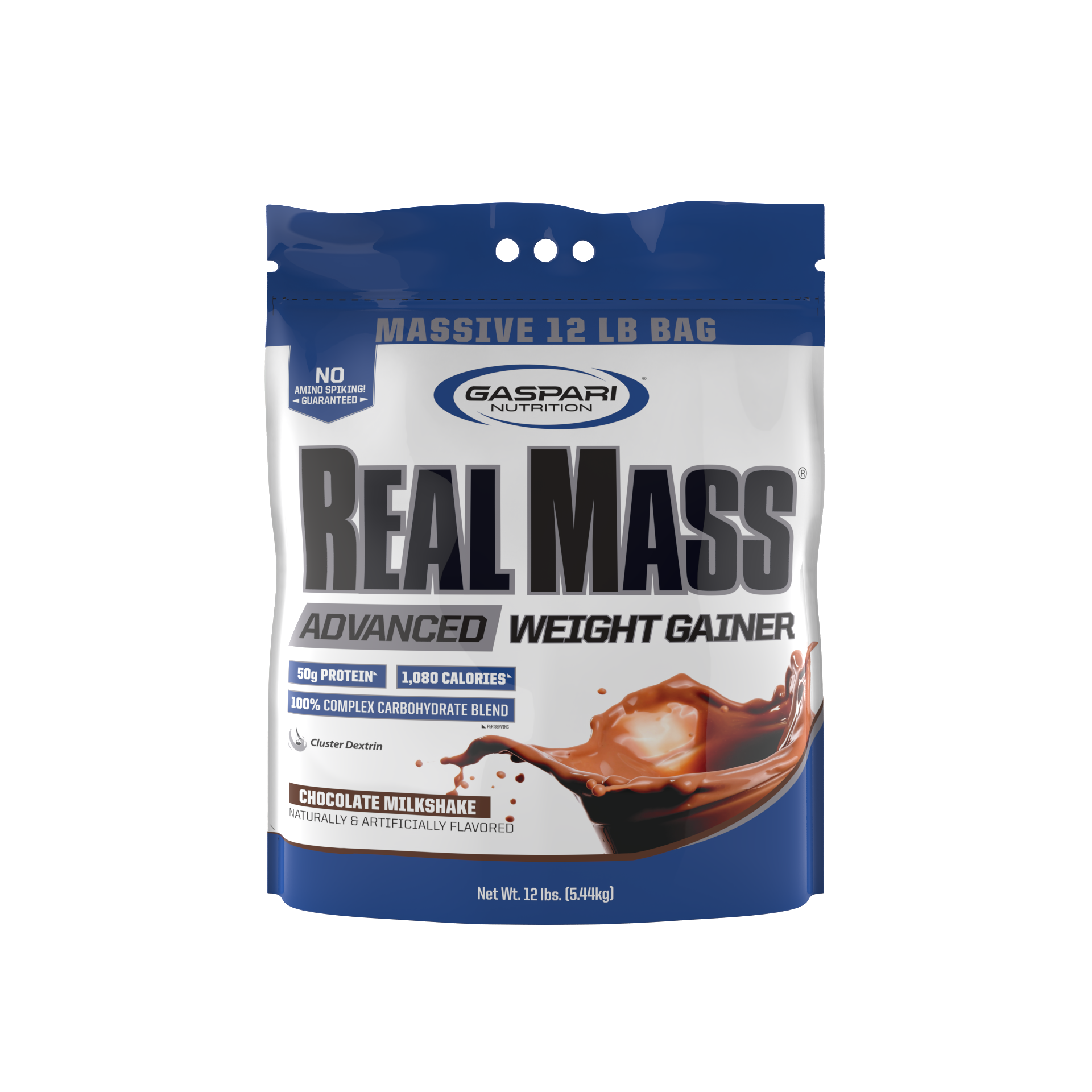















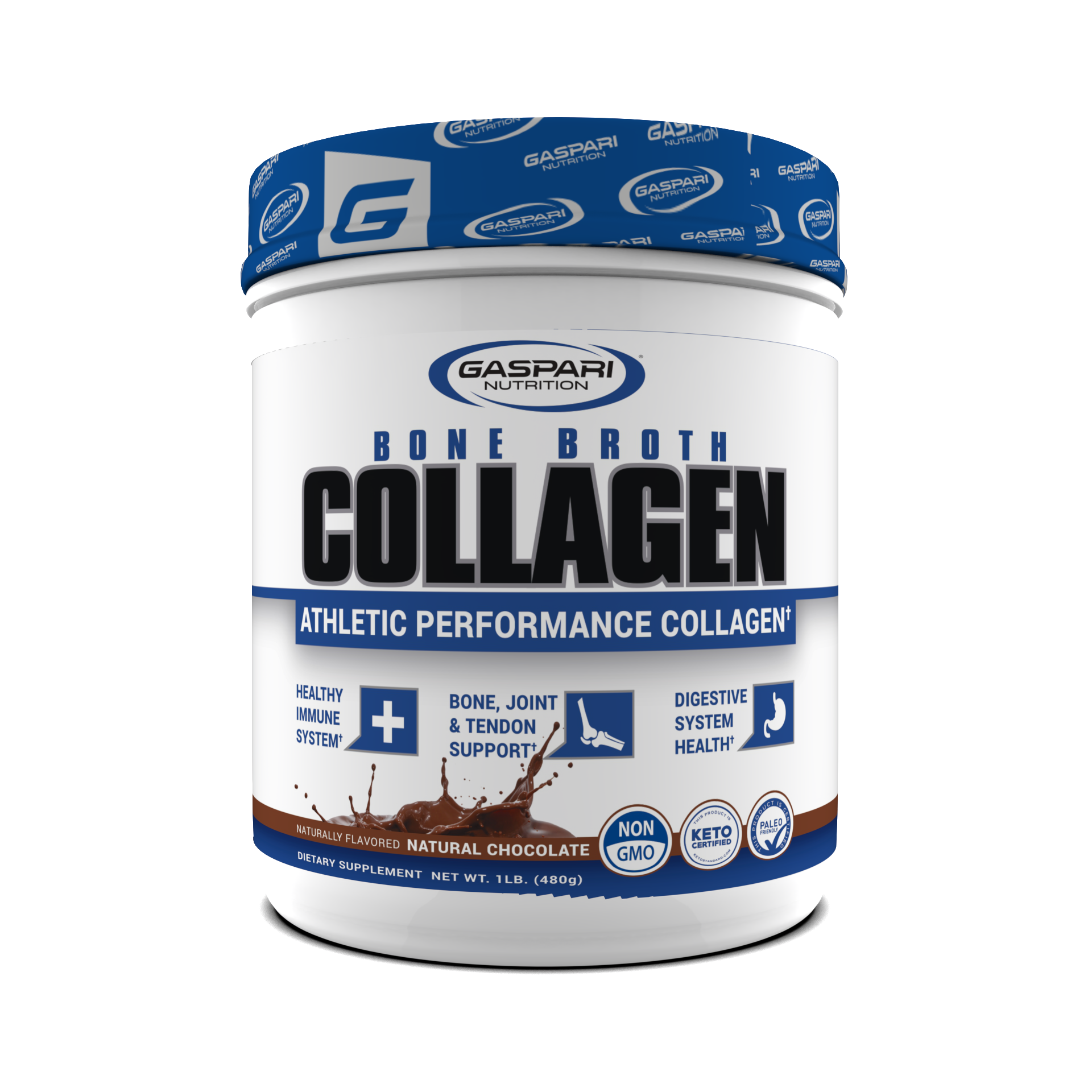















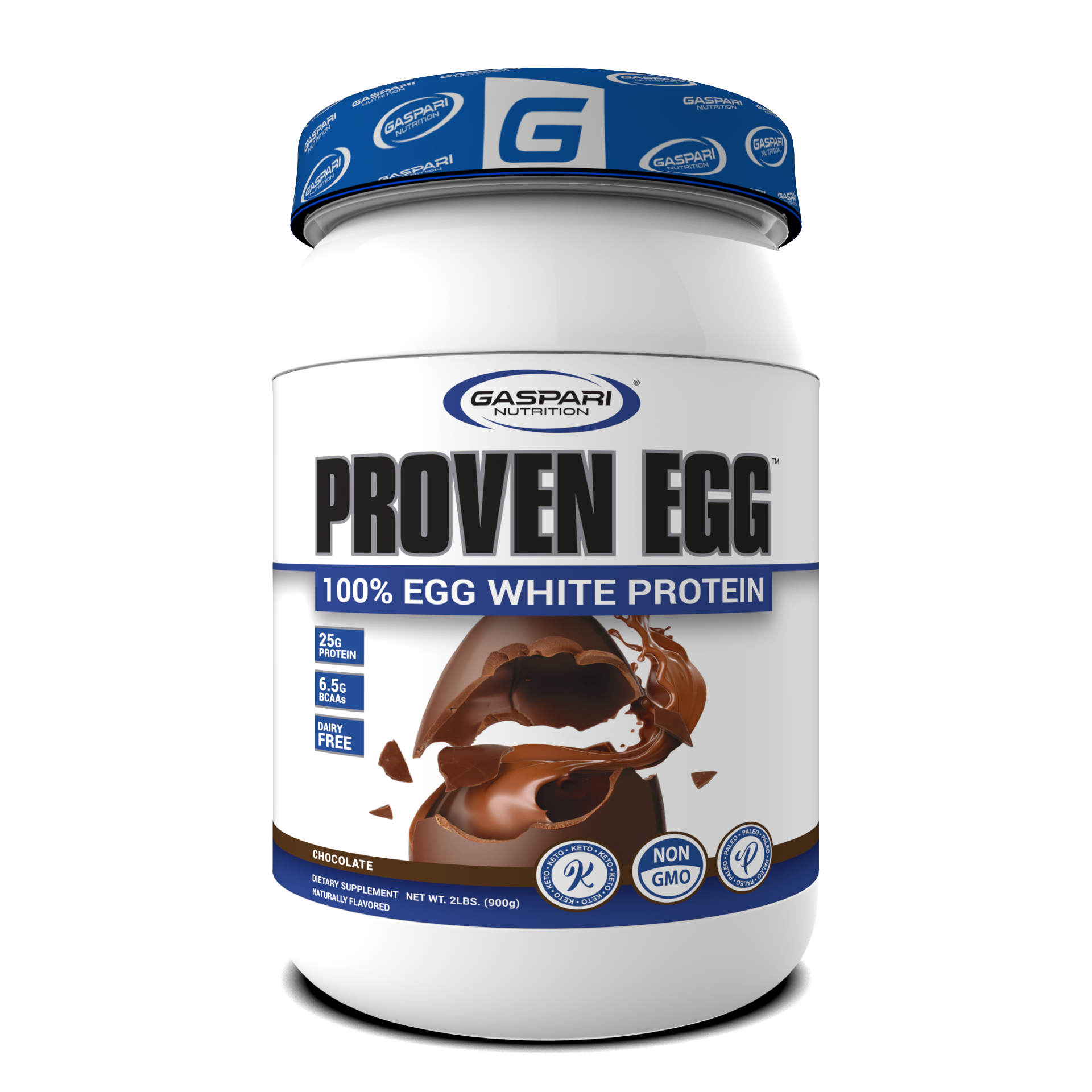

Share:
Ectomorph vs. A Hardgainer: Is There A Difference in Body Types?
What Is A Foam Roller, and Why Does It Hurt?